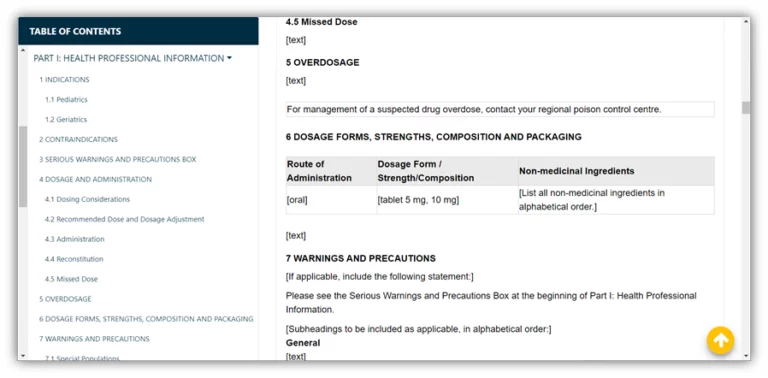
As always, ensure patient safety remains the top priority.
The COVID-19 pandemic has impacted the health risks associated with running ongoing clinical trials. As a result, Sponsors must take the initiative to implement measures to reduce or prevent the risk of becoming infected with COVID-19. One should consider the availability of resources such as healthcare professionals, whether study participants are especially high-risk for contracting COVID-19 or not, and if study recruitment should be halted or postponed.
It is likely necessary that modifications to clinical trial protocols, the informed consent process and methods used for data collection are needed. Such changes will require discussion and/or review and approval by the Research Ethics Board (REB) / Institutional Review Board (IRB) / Independent Ethics Committee (IEC).
Leverage virtual tools wherever possible.
Consider alternatives to in-person meetings to obtain Informed Consent from clinical trial participants, such as over the phone or video-teleconferencing. Ensure that participants still have ample opportunity to ask questions prior to giving consent. If consent is given verbally, the conversation should be recorded, or an attestation provided by a witness who is present.
For clinical trial monitoring, the way Sponsors monitor and collect data may need to change if participants no longer have access to a study site. This could mean virtual meetings or the use of other electronic tools to collect data. If an alternative method for monitoring is used, carefully document the (1) reason was it was used, (2) the method used to collect the information, (3) type of data collected, (4) who provided the information and (5) how the source of the information was verified. Remember that alternative methods should not compromised patient safety.
Be creative.
Access to the Investigational Product (IP) may need to be delivered to patients, vs provision in a hospital or clinical setting by a healthcare professional. In such cases, controls for transportation and handling are of critical importance to prevent deviations from required storage conditions. Verification that the IP is received by study participants is mandatory. The standard requirements for record-keeping must still be upheld – e.g., maintaining complete, accurate and legible records for drugs used in clinical trials during shipping, receiving, returning, and destroying processes. It’s important that the procedure for shipping/handling of IP is documented and well understood and followed by study participants. Not all IP is eligible for shipping directly to patients, e.g., product with special handling conditions or those that must be administered in a hospital or clinic by a licensed healthcare professional.
Communication is key.
It is imperative that study participants are aware of any changes to the conduct of the study, including the clinical trial monitoring plan. Conducting a clinical trial during COVID-19 has changed the way we exercise study controls. In many cases, the study site is no longer restricted to a hospital or clinic but has extended to the homes of study participants. Therefore, clear, and comprehensive communication with patients is really important. Sponsors should remain in close contact with their ethics board to determine if continuation of the study under the present circumstances, is in the best interest of the participants.
For support on initiating or running a clinical trial, please contact info@axsource.com today.


